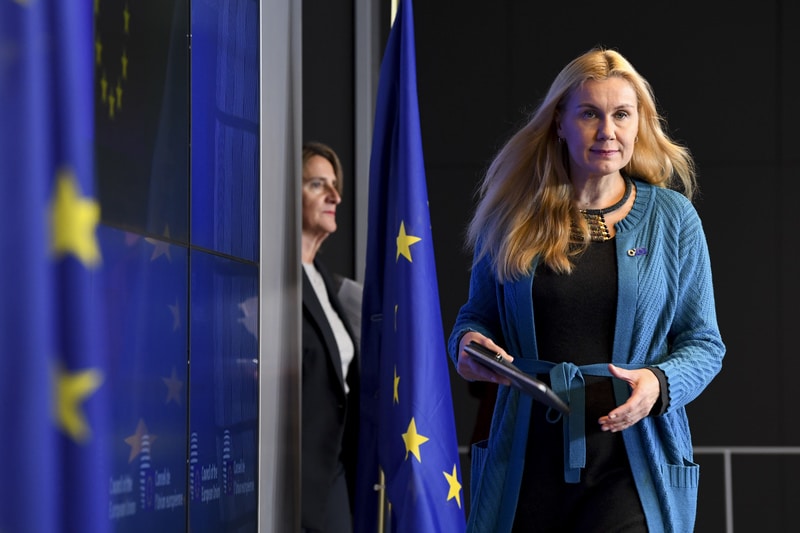Brussels – The third, and potentially final, negotiation meeting between the parliament and the council on the EU electricity market reform proposal opens today (Dec. 13) in Strasbourg. To date, 14 technical meetings as well as two negotiation meetings between the co-legislators have already been held, and the next one could be the decisive one. The proposed revision was put forward by the European Commission last March 14, after an intense energy crisis that tested European governments heavily dependent on Russian gas.
The European Parliament reached an early negotiation position last July 19 in a committee vote (later confirmed in September in plenary). The European energy ministers, meeting in Luxembourg, finalized their negotiating position in mid-October, breaking the impasse that had arisen because of distances between Germany and France over the role of nuclear power plants.
The knot of contracts for difference
A key element of this reform is to promote state financial instruments for renewable energy and nuclear power. The European Commission has focused on direct government support for renewable electricity generation (mainly wind, solar, hydro and geothermal) and nuclear through a two-way contract for difference, in which producers are paid a fixed “strike price” for their electricity, regardless of the price in short-term energy markets.
It is precisely on contracts for difference that there is a risk that discussions will drag on; member states in the Council, particularly France and Germany, have been arguing for months on Article 19b. The crux of the discussions is whether or not existing nuclear power plants should be able to benefit from the income guaranteed by these contracts on a par with renewables and under which terms. For the European Parliament, the contracts can only be applied if certain types of investments are made. In that case, guaranteed prices will have to be offered for a portion of production commensurate with the new investments.
The council’s approach retained the role of public support for energy production through two-way contracts for difference, which, however, will apply mandatorily only to investments in new plants (thus not existing ones). As for existing plants, the compromise reached in the council is that direct price support by member states through the use of contracts for difference will not be mandatory, but voluntary, and will be subject to state aid rules, covering only existing plants that are subject to repowering, life extension, or capacity extension. Compared to the European Parliament’s position, the mandate does not include any proportionality.
Differences on capacity mechanisms
A difference in positions between the two institutions also concerns capacity mechanisms, i.e., generation incentive instruments available to member states to counter potential shortages. The member states, under pressure mainly from Poland, have provided that with capacity mechanisms until the end of 2028, it will be possible to finance coal- or gas-fired power plants already in operation that emit more than the emissions standard (more than 550 g CO2 per KWh). Unlike the council, the European Parliament did not provide for any exemptions.
Transition from the bottom
One of the innovations that the reform could bring is the idea of clean energy sharing. Ministers confirm that they want to introduce a right to energy sharing systems, without the need to create a new energy community. The legislation is aimed at allowing (small) private producers to share renewable energy with each other, such as that produced on rooftops with solar panels. The European Parliament has also provided a legal framework for the input and storage of green electricity by citizens, companies, and institutions. Governments have strengthened the council’s role in declaring a price crisis when very high average wholesale electricity prices are expected to last for at least six months and sharp increases in retail electricity prices are expected to continue for at least three months. A role that the European Parliament essentially left to the European Commission.
In the European Parliament’s negotiating position, the idea of introducing a cap on companies’ extra profits to be structurally activated in the face of a crisis (declared by the European Commission, not presumed) did not pass. Member states have retained from the European Commission’s proposal (however, not in the European Parliament’s mandate) the idea of extending until the end of June 2024 the cap on excessive market revenues (i.e., extra profits) from electricity produced by generators with lower marginal costs such as renewables, nuclear and lignite (“inframarginal generators”).
English version by the Translation Service of Withub





